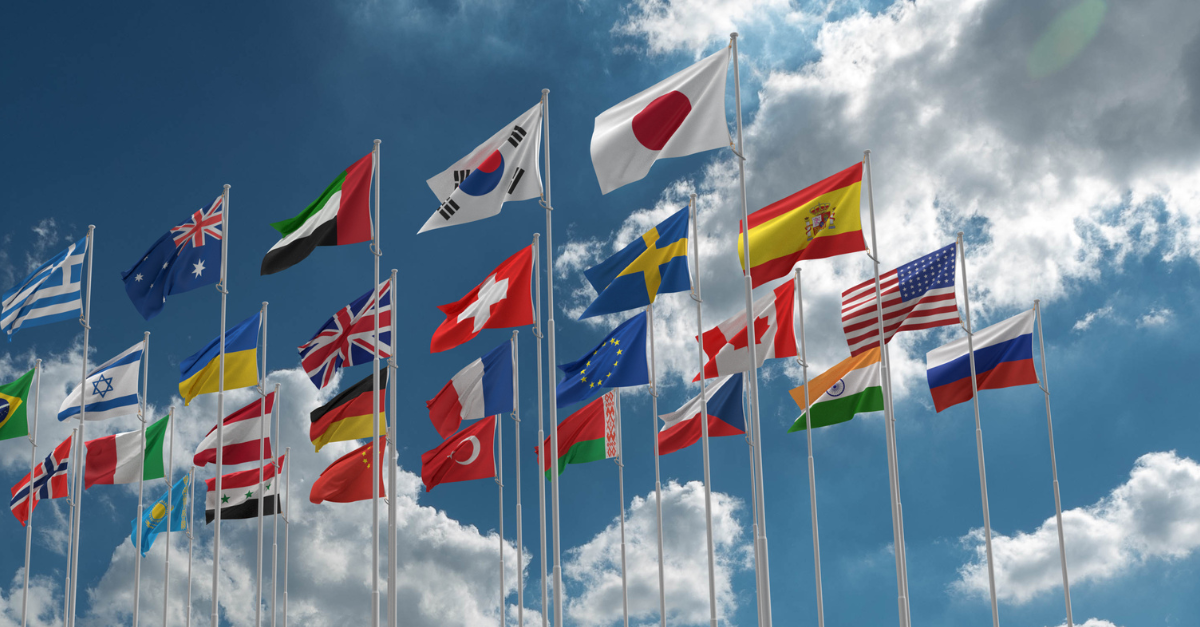The recently concluded annual UN Climate Change Conference (COP27) brought delegates from all over the world to discuss the progress the world has made in the fight against climate change and the impact business is having on people and planet. As discussions progressed, it was clear the world has not made as much progress as needed to tackle the climate crisis.
From climate activists making waves and calling for more concrete action to curb climate change, to failure to make progress on limiting global temperature increase to 1.5°C, attendees highlighted the urgency with which the world needs to act to address the climate emergency we are living in. However, following the two-week long climate conference, the event concluded with a historic decision to establish and operationalize a loss and damage fund, particularly for nations most vulnerable to the climate crisis.
As an organization committed to leading the industry toward a shared vision of sustainability, the Sustainable Apparel Coalition (SAC), an independent and impact-creating organization that brings together around half of the apparel industry to enable positive social and environmental impact at scale joined other leaders in calling for deeper collaboration and accelerated action across the industry to drive change in the fashion industry and deliver on its decarbonization targets.
Speaking on a panel titled “Is the fashion eco-system ramping up to support transparency and sector decarbonisation?”,Amina Razvi, CEO of the Sustainable Apparel Coalition, joined other distinguished leaders, where they discussed opportunities to create transparency in the supply chain, deliver on decarbonization targets, and drive positive change across the industry.
Amina acknowledged the progress the industry has made in understanding how to align on measurement, the insight and data available, highlighting that more than 21,000 organizations globally are using and scaling SAC tools within their business and supply chain and, as a result, are driving understanding, adoption and improvements.
However, on the progress of decarbonization strategies, Amina said, “There is clearly a lot more our industry needs to be doing and we need to be involving the entire value chain. It’s not just brands and retailers, it’s manufacturers, and the whole supply chain making sure that every company is looking at how they leverage standardized tools to not only assess where they are, but to use the data to drive performance improvement.”
Federica Marchionni, CEO of Global Fashion Agenda, shared her perspective on the key stakeholders needed in the drive for change and said that everyone has a role to play, including brands and manufacturers, financial institutions, governments, policymakers, consumers and media. Meanwhile, Kehua Hu, Sustainability Stewardship director, China National Apparel Council, spoke on the carbon-neutral goal of companies in China and said that it was not an optional goal but a mandatory one.
Syeda Faiza Jamil, Programme Director, Net Zero Pakistan at Pakistan Environment Trust, who recently held a roundtable on boosting decarbonisation partnerships at the SAC annual meeting in Singapore, spoke on the climate vulnerability of Pakistan and opportunities in the drive towards decarbonization and said there is an opportunity to scale up the organization’s work.
She shared how they are working with their member companies on capacity building initiatives and added that the pivot needed should be from planning conversations to real and radical action on the ground. On transparency, she called upon the fashion industry to trust the local expertise in different geographies to help optimize the efforts the fashion industry is making.
Claire Bergkamp, COO of Textile Exchange, shared a perspective on growth and said it all comes down to collaboration and thinking of new solutions and ways of doing things. She added that while there is a need for data to measure progress to make sure we are meeting our commitments, it should not let that get in the way of what needs to happen now.
The panel concluded with a call from all the panelists for deeper collaboration to scale solutions and accelerate action to address the urgent climate change issues and drive change across the fashion industry.




